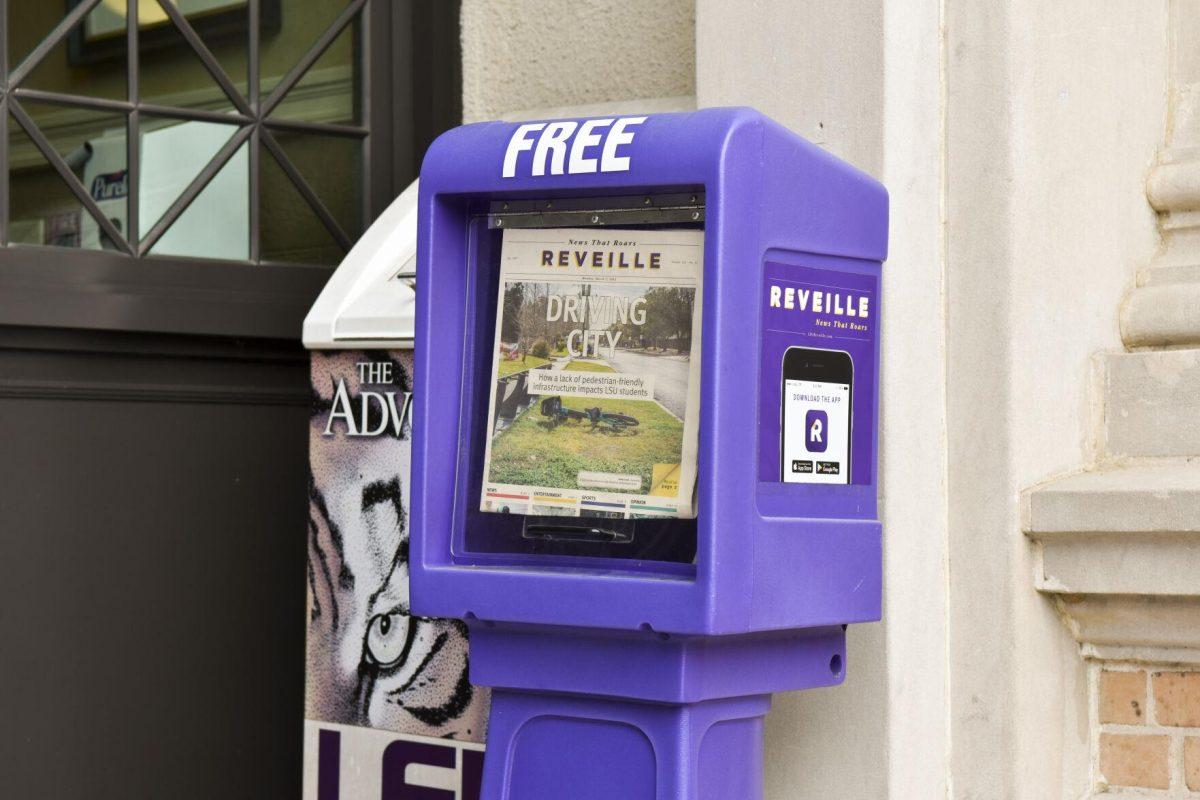Find your passion, then make a living off it. This is the secret to achieving a happy life — or at least that’s what we’ve been told our whole lives. This advice is wrong.
Of course, I am hardly the first person to criticize the mantra of “Do what you love, and you’ll never work a day in your life.” A quick Google search shows everyone from contrarians to realists are rebelling against this idea, pointing out the flaws in this thinking.
What if you can’t make money painting? What if no one is hiring singers? What if you aren’t good enough to be in the NBA? These common arguments speak out against pursuing passions for careers, but they miss the point — being able to produce an income is not what makes for a happy life.
Happiness is the true goal in life, so being short on cash is no reason to reject the notion of making a career out of what you love. This is why the idea of the starving artist is such a romantic one. Making sacrifices for your passion makes for a truly happy life. But this is still not the truth.
Happiness and job satisfaction both share a primary factor — helping others. We are our happiest when we can help those around us in a meaningful way, giving us a sense of purpose.
Nowhere does it say a requirement for having a happy life is enjoying the work you do. Of course, if you hate killing animals, you won’t be happy at a slaughterhouse. But enjoying a task is not as big a factor in job satisfaction as you’d think.
The organization 80,000 Hours researched job satisfaction extensively and laid out the six factors for a dream job: work you’re good at, that helps other, is engaging, has supportive colleagues, meets your basic needs and fits your
personal life.
Choosing our careers based on what we are good at gives us the best opportunity to give back to the community. This can be as simple as an accountant who helps people with their taxes to as extravagant a career as joining the Peace Corps.
Meaningful work can be found anywhere in the minutiae of daily life. However, in America, meaningful work is not the norm. According to a 2013 Gallup report, “State of the American Workplace,” only 30 percent of Americans are engaged in their work or find meaning in it. This may help to explain why only 49 percent of American workers are satisfied with their jobs.
Luckily for you, Jane E. Dutton, a professor of business administration and psychology at the University of Michigan’s Ross School of Business, has researched ways for you to redefine your current jobs to become more meaningful to you. To summarize her research, the three ways of changing how meaningful you perceive your job are: alter the tasks you perform, change the relationships in your workplace and use cognitive restructuring to reframe the way you think about work.
Dutton uses the example of an accountant at a community college. While this seems like a job with no direct way to give back, the accountant viewed her job as a vital element of providing students with a way to receive an education.
I doubt the accountant has a burning passion for balancing the accounts at a community college, but she found a way to combine her talents with a job in which she can find meaning and give back to people, and she had an above
average job satisfaction because of it.
If you’ve been stressing out about finding your passion to avoid being a cast member on “Office Space,” it’s OK. Instead, reflect on your time at LSU and think about what classes you do best in and what skills got you there. Then find a way to give back through your talents.
Jay Cranford is a 22-year-old finance senior from St. Simons Island, Georgia.
Opinion: We’re meant to do what we’re good at, not what we love
By Jay Cranford
October 24, 2016
Cartoon







